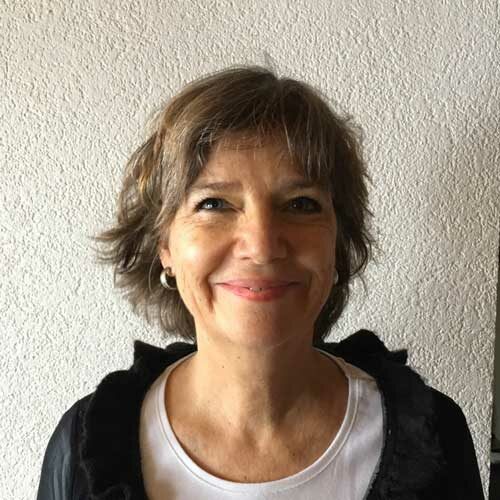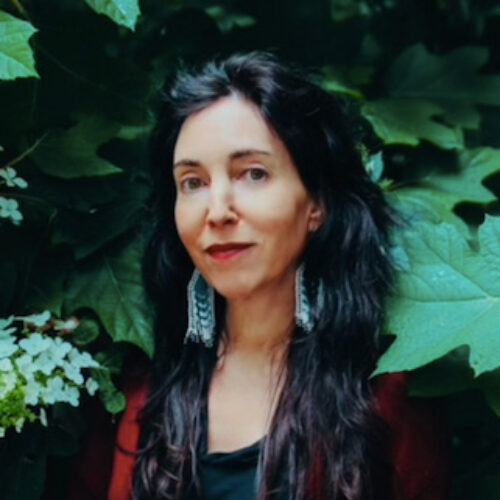The triad of gratification, danger, and escape is one of the Buddha’s most concise and simple teachings for investigating everyday lived experience. This formula can be applied to every single aspect of our experience. Many Buddhist scholars point out that this teaching contains the earliest roots of what we have come to know as the four noble truths, the basic framework for all Buddhist traditions.
During this session Dave outlines the teaching and its implications from the early Buddhist tradition. He also offers some basic tools and tips for how this teaching can be applied to all areas of our lives, on and off the cushion. Cultivating a liberation-based lifestyle in the tragic, yet beautiful complexity of the modern world.








Discussion